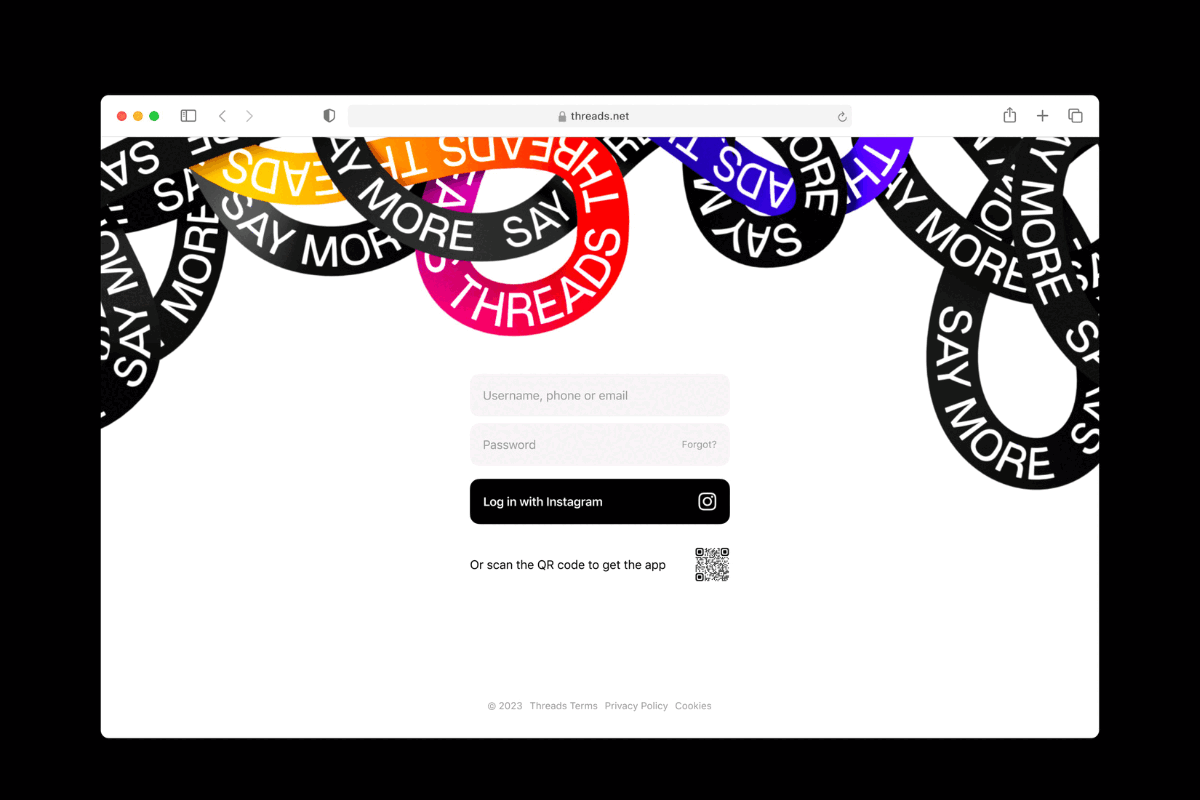Canada takes first steps against Uber amid arbitration crisis
- Tuesday, January 8th, 2019
- Share this article:
 Uber is in the midst of a legal battle with over 12,500 employees who claim the ride-hailing service is not adhering to the arbitration provisions in their contracts. The lawsuit originated from thousands of Uber drivers saying the company had not given them the required minimum wage or overtime pay. When the drivers tried to sue the company for these wage and hour violations, the 9th US Circuit Court of Appeals ended any chance of pursuing a trial or arbitration outside of court.
Uber is in the midst of a legal battle with over 12,500 employees who claim the ride-hailing service is not adhering to the arbitration provisions in their contracts. The lawsuit originated from thousands of Uber drivers saying the company had not given them the required minimum wage or overtime pay. When the drivers tried to sue the company for these wage and hour violations, the 9th US Circuit Court of Appeals ended any chance of pursuing a trial or arbitration outside of court.
According to employee contracts, the only way drivers could continue their pursuit of Uber was to file independent arbitration claims, so between August and November of 2018, 12,500 drivers legally demanded arbitration. Of the 12,500 drivers that have filed disputes, Uber has paid the arbitrators non-refundable $1,500 retainer fee, which is required in Uber’s arbitration provisions, for just six cases.
In Canada, an additional class action lawsuit, led by Uber driver David Heller, gained some ground this past week. A judge in Ontario’s highest court said that Uber was using its arbitration clause, which bans employees from filing lawsuits against the company, to “take advantage of its drivers, who are clearly vulnerable to the market strength of Uber.” Although the Ontario ruling does not actually settle any case, it will allow Heller to proceed with attempts to certify the 12,500 Uber drivers as a cohesive group and move forward with the class action lawsuit.
According to Uber Canada’s terms and conditions, if a driver wants to file a dispute against the company, they must do so in the Netherlands, and pay $14,500 for the proceedings to begin. The Canadian judge said these requirements were unconscionable and invalid. Michael Wright, the lawyer representing Heller, said: “This doesnt make it difficult for people to pursue arbitration, it makes it impossible.”
Dating back to 2015, Uber has run into multiple problems in Canada, including having to operate illegally pending permission from the Canadian government, having its offices raided by investigators, and facing protests from Montreal taxi drivers. The company’s legal history could play an important role in the impending initial public offering, expected in 2019.
“I think the message here is for companies,” said Lior Samfiru, another of the plaintiffs lawyers. “If youre going to operate in Ontario, if youre going to operate in Canada, you have to abide by our laws … You have to play by the same rules as everyone else.”
















